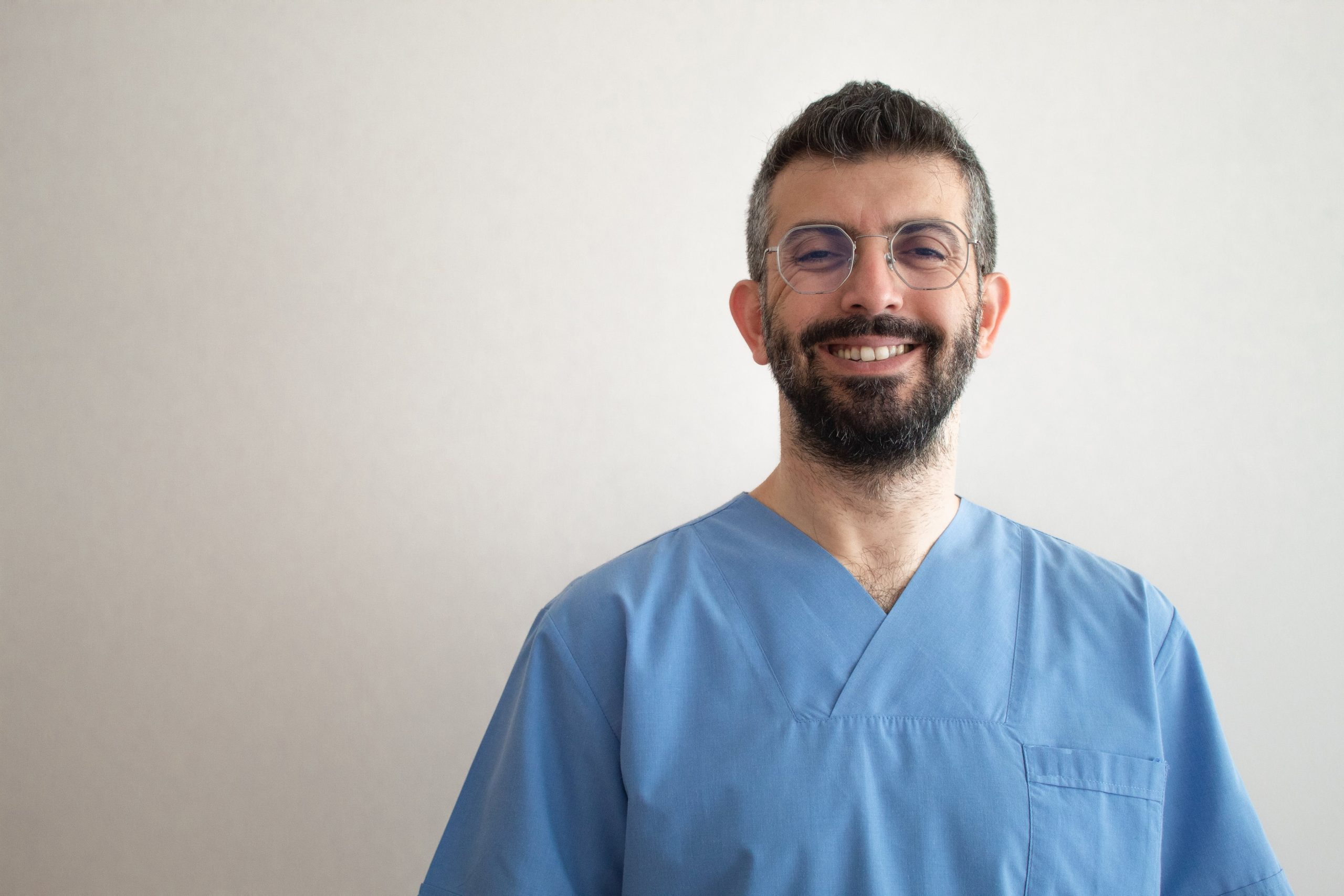
Clinical negligence in brain injuries is a critical issue in healthcare, with serious consequences, particularly in cases involving secondary brain injuries. When medical professionals fail to provide timely and appropriate care, preventable complications can arise, exacerbating a patient’s condition; emergency doctors play a pivotal role in the management of such brain injuries.
Their rapid assessment and intervention are crucial in mitigating secondary brain damage. Beyond their immediate clinical responsibilities, they also serve as expert witnesses in medical negligence claims, providing critical insights into whether the standard of care was upheld.
This article examines the implications of clinical negligence in brain injuries, the role of emergency doctors in preventing secondary injuries, and the importance of their expert testimony in medico-legal proceedings.
Understanding Clinical Negligence in Brain Injuries
Clinical negligence occurs when healthcare providers fail in their duty of care, leading to harm. In brain injury cases, negligence can worsen patient outcomes, particularly when signs of secondary brain injury are overlooked or inadequately managed.
Common examples of negligence in brain injury cases include:
- Failure to diagnose or delay in recognising brain injuries.
- Delayed or improper treatment, leading to secondary complications.
- Inadequate monitoring, resulting in preventable deterioration.
To establish negligence, it must be demonstrated that there was a breach of duty that directly caused harm to the patient. Understanding these legal and medical elements is essential for patients and their families seeking redress.
Primary vs. Secondary Brain Injuries: The Risk of Negligence
Brain injuries are classified as primary or secondary:
- Primary brain injuries occur at the moment of impact (e.g., traumatic brain injury from an accident).
- Secondary brain injuries develop over time due to complications such as swelling, bleeding, or oxygen deprivation.
While primary injuries are often unavoidable, secondary injuries are preventable with proper medical intervention. Negligence in monitoring, delayed intervention, or failure to follow protocols can significantly worsen outcomes, increasing the risk of permanent disability or death.
The Crucial Role of Emergency Doctors in Preventing Secondary Brain Injuries
Emergency doctors are essential in recognising early signs of secondary brain injuries. Their ability to act quickly and decisively can determine whether a patient recovers or suffers long-term complications.
Key responsibilities of emergency doctors include:
- Conducting comprehensive neurological assessments.
- Initiating timely interventions to prevent complications.
- Ensuring continuous monitoring to detect any signs of deterioration.
Adherence to established clinical protocols is vital in minimising the risk of negligence. Their expertise in rapid decision-making can prevent secondary injuries and improve patient outcomes.
Legal Implications: Medical Negligence Claims and Expert Testimony
When negligence is suspected in a brain injury case, medical negligence claims may arise. The legal process involves proving that a breach of duty led to harm, significantly affecting the patient’s quality of life.
Emergency doctors serve as expert witnesses, offering critical insights into whether the treatment provided met acceptable medical standards. Their testimony plays a key role in:
- Clarifying whether negligence occurred.
- Assessing deviations from clinical guidelines.
- Determining the impact of delays or omissions in care.
The expert testimony of an emergency doctor can significantly influence the legal process, ensuring that justice is served in cases where patient care was compromised.
At Medico-Legal Healthcare, our team of emergency doctors, medico-legal experts, and healthcare professionals provide comprehensive assessments, expert testimony, and legal reports. We specialise in cases involving brain injuries and clinical negligence, ensuring that patients receive fair, evidence-based, and legally sound evaluations to protect their rights and well-being.


